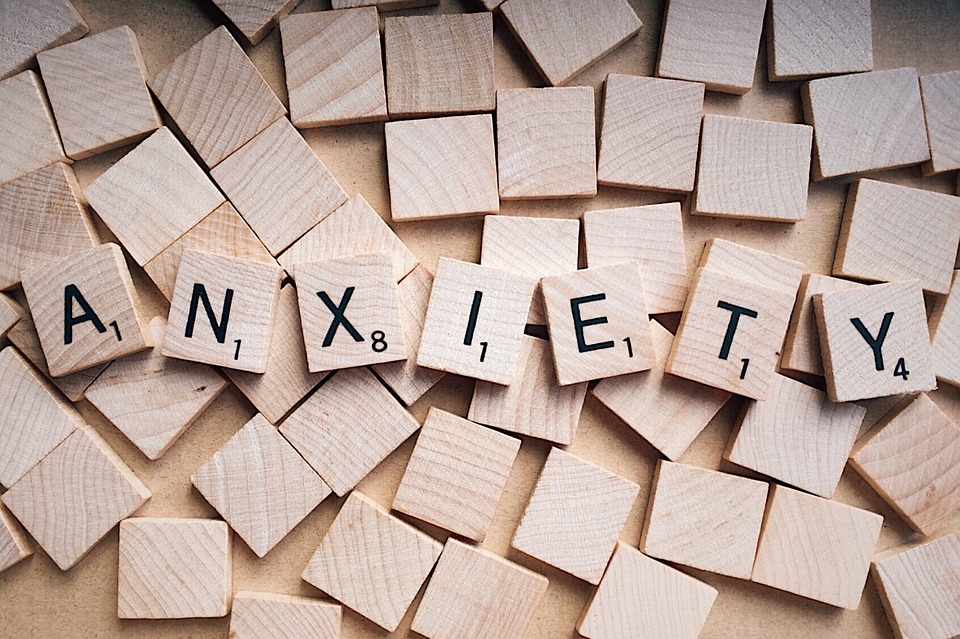3 Myths About Social Anxiety
Social anxiety or Social Phobia is when everyday interactions bring irrational worries and intense self-consciousness to a person. In other words, people with social anxiety disorders feel uncomfortable and nervous in social situations and have an excessive fear of being judged and rejected. They are overly concerned about doing something humiliating and that others will have a wrong perception of them. Like other psychological disorders, social anxiety is also surrounded by many misconceptions. Here are three common myths about social anxiety.

Myth #1 Only Introverts Suffer from Social Anxiety
Social anxiety is not inherently tied to introversion. Just because someone is talkative and gets along well with groups of people does not necessarily mean that they are less likely to have a mental illness. For many people, the moment when they are talking more is when their anxiety is flaring up. During their conversations or other activities, they inwardly agonize over every action, gesture, and discussion. Extroverts who deal with social anxiety often waste their energy, wondering if people dislike them rather than happily and freely participating in social situations. Hence, both introverts and extroverts can suffer from social anxiety but differently.
Myth #2 Social Anxiety Is Similar to Being Shy
It might appear similar, however, social anxiety and being shy are two different things. Every shy people do not have a social anxiety disorder, and not everyone with social anxiety is shy. Shyness is a personality trait. Shy people may experience difficulties in interacting with other people, such as feeling nervous. However, these feelings gradually subside as they get more familiar with the people and the situation. In contrast, people suffering from social anxiety tend to overthink and over-analyze past situations endlessly, negatively project themselves in the future, and anticipate unfavorable feelings. Instead of fading away, these disturbing feelings get worse with time and affect the individual on a day to day basis. Consequently, it develops into a mental illness that can harshly impact their life if left untreated.

Myth #3 People with Social Phobia Should Avoid Anxiety-Ridden Situations like Social Interactions.
While distracting yourself from social situations can provide temporary relief, it can paradoxically backfire and prolong the agony. Feeling stressed and anxious in social gatherings is not hazardous. What’s terrible is consigning your life to anxiety and making your world smaller and smaller while trying to steer clear from stressful circumstances. Avoidance keeps social anxiety going. It stops you from getting comfortable in social interactions. The more you avoid it, the more terrifying it becomes and develops into a long-term problem. Instead, the solution is to confront your fears. It can be achieved by handling more relaxed situations and gradually working your way up to more daring ones until you build your confidence and improve your coping mechanisms.

What other social anxiety myths have you heard? Let us know in the comments!



